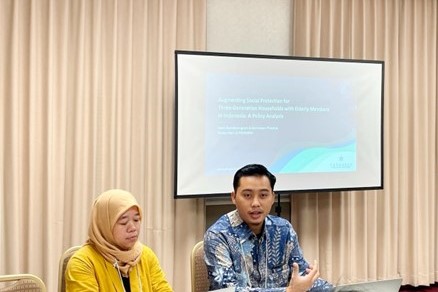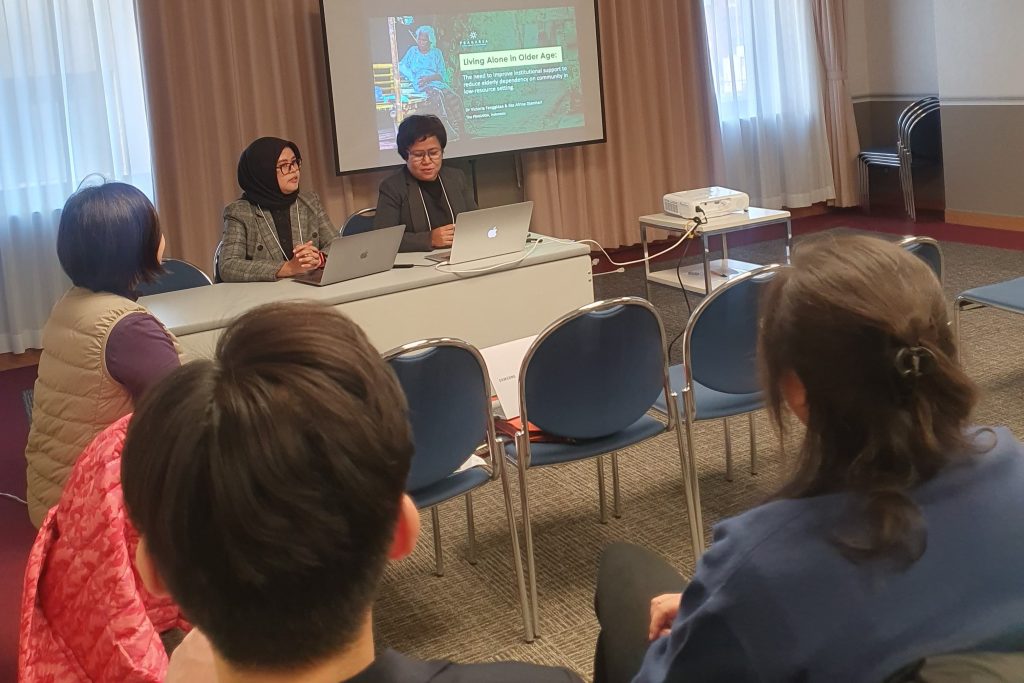
We, the Indonesian Tax Justice Forum, together with the Global Alliance of Tax Justice and the Indonesian Tax Justice Forum refuse to sign the OECD Tax Agreement. Solution Two Pillars The (two pillars) proposed by the OECD for taxation of a digitalized economy and global minimum taxation have come under critical scrutiny as they are deemed unlikely to result in meaningful reform of global tax rules, reduce tax-induced profit shifting and illegal financial flows, and generate additional public revenues.
Despite increasing criticism and a lack of agreement even on the Inclusive Framework, the OECD appears determined to proceed with a biased and highly complex solution to taxing the digital economy, namely the Amount A Multilateral Convention (MLC).
Pillar One of the OECD MLC Amount A will apply to only around 100 Multinational Enterprises (MNEs), distributing a small portion of their “residual” profits, and according to the OECD itself, is expected to generate minimal revenues. These rules are far from being a global solution and have been developed within the OECD's 'Inclusive' Framework, which – contrary to its name – does not cover most African, Asian and Latin American countries, lacks legal basis, transparency, democracy and procedural rules.
It is estimated that the Amount A Multilateral Convention will be opened for signature in December 2023. The United States Department of the Treasury has announced a request for public input on the OECD draft until December 11, 2023. This means that the United States will not be able to officially sign the agreement before the end of this year. Even if they sign later, no one believes the US government will get the Congressional majority needed to ratify the deal. Apart from the US, there are other OECD countries that appear hesitant to sign the deal themselves. However, ratification by OECD countries, especially the US, is essential for Amount A to work, given that at least 30 jurisdictions covering 60% of the companies in scope must ratify the MLC for it to take effect.
The OECD seems to have another goal of encouraging non-OECD member countries to sign this agreement even before its own members agree to it. As Nobel economics laureate Joseph Stiglitz put it, the main aim appears to be to thwart the ongoing UN process towards the creation of a UN Tax Convention and a UN Tax Agency, both long-standing demands of the developing world. The second goal is to lock developing countries into a deal that would force them to abandon digital services taxes or countervailing levies, etc. on all MNC technology companies considered outside the scope of OECD solutions; and will force them into a highly unequal mandatory dispute resolution mechanism if they dare question the taxes collected in their countries under this scheme.
Therefore, we invite:
- Non-OECD member governments of the Inclusive Framework of the Global South are not to sign this agreement.
- Civil Society Organizations (CSOs) and national actors in these countries to challenge their governments not to rush into signing agreements without public consultation and without credible impact assessments compared to alternative national measures such as the Digital Services Tax or Article 12B of the Tax Convention UN model for increasing domestic income.
Signature:
On behalf of the Indonesian Fair Tax Forum



